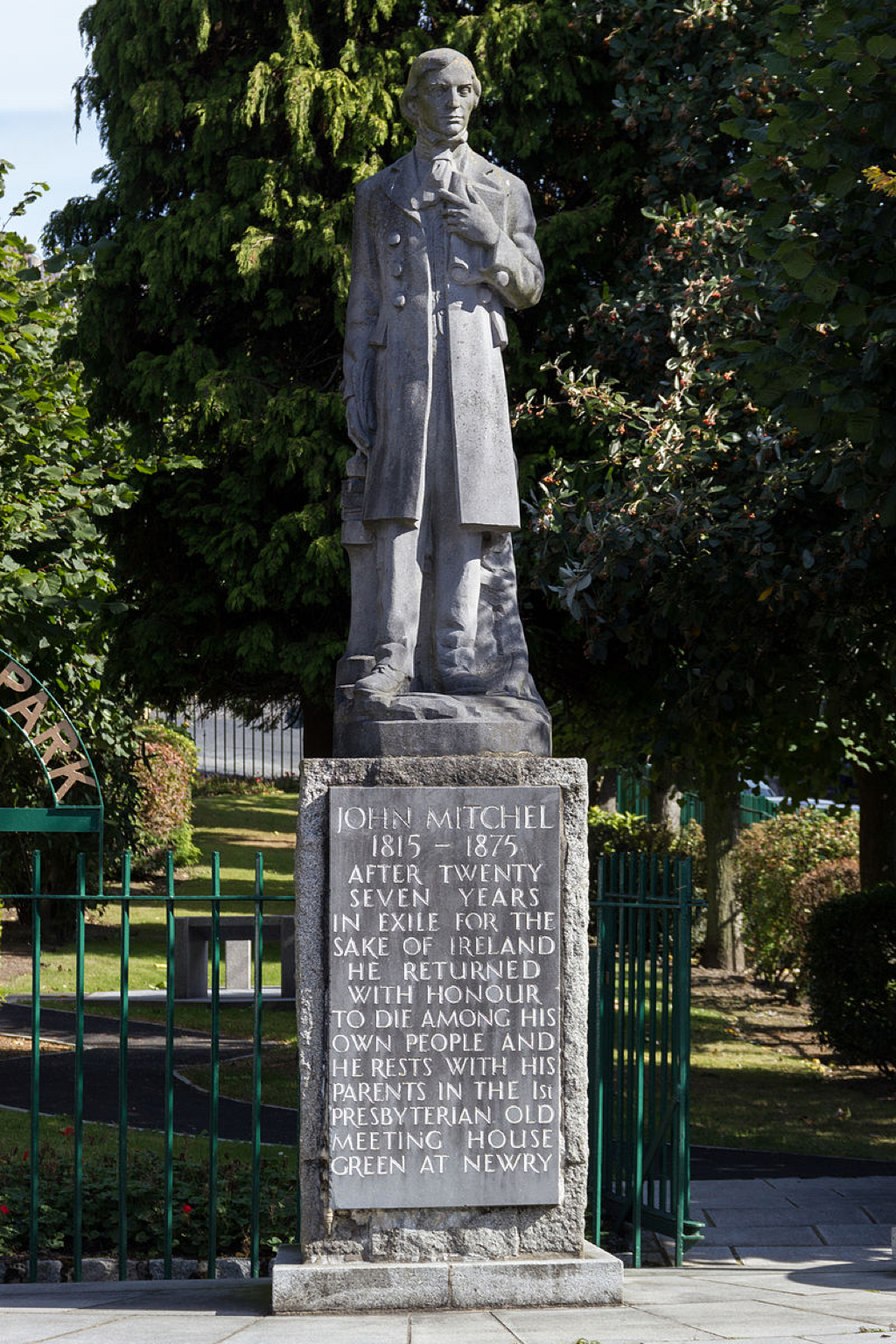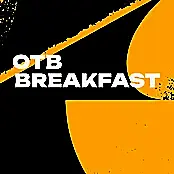John Mitchel was a vocal pro-slavery advocate that called black people 'innately inferior' and proved extreme even contemporaneously.
He was born in County Derry and has several GAA clubs named after him at the moment, many of which have members of African origin.
To discuss a subject with many considerations, Off The Ball was joined by GAA journalist Mick Foley and Trinity professor Brian Hanley.
So why was Mitchel such a big figure to begin with?
"Mitchel was a huge figure in 19th-century Irish nationalism - it is easy now to underestimate just how big a figure he was," Hanley said.
"This was a guy that Padraig Pearse and Arthur Griffin regarded as an idol," he continues, before explaining that Mitchel advocated armed resistance to Britain.
"A pamphlet that he wrote about the famine entitled 'The last conquest of Ireland - perhaps?', where he argued that 'the Lord Almighty caused the potato blight but the English created the famine' had a huge influence on Irish republicanism."
John Mitchel

Mitchel moved to the United States and began to write regularly about slavery, and expressed his support for the practice.
"He 'joked' that he would like to 'possess a plantation stocked with healthy negroes'.
"By the 1850s, there is a huge debate in the United States about slavery and Mitchel immediately argues that slavery is not so bad in comparison to what he sees as the crimes of industrial capitalism.
"He is an unashamed racist, he believes that the slaves in Africa were barbarians and that bringing them to the new world as slaves improved them somewhat.
"He believes that there lives in the south are pretty OK, and better than the lives of the Irish mill workers in Massachusetts and upstate New York - and better than the Irish peasantry in Ireland."
At least ten GAA clubs around the country are named after Mitchel and questions surround whether it is right to continue with his name over the doors.
"In a lot of ways, the naming of GAA clubs has reflected different eras and what was in vogue at the time," says Foley.
"John Mitchel was a hero to a lot of Irish republicans in the early 20th century, and he would have represented something different from what we know of him in the totality around his views on slavery.
"Those views on slavery, I imagine, wouldn't have got the same amount of traction or attention in Ireland at that time to how we view them now."
GAA to respond?
Foley says that as history and views on issues evolve, so it is on organisations like the GAA to beware of what club names, symbols and so on continue to represent.
"From that point of view, it sounds like there may be members of those clubs that say 'this is an unnecessary imposition on us'.
"I don't think it should be seen that way by the club members and by the wider GAA community, it should be seen as a continuing evolution.
"Our communities and our societies are in constant change.
"The kind of questions and issues that we face now might not be different from years ago might not fundamentally change but the nuance or the volume will go up and down.
"So with that in mind, absolutely the use and commemoration of John Mitchel in this way should be looked at [...] because his name is being invoked and there is a power to invoking someone's name over and over down the decades.
"It gives that name and that story a different life, so it is something that needs to be looked at."
Download the brand new OffTheBall App in the Play Store & App Store right now! We've got you covered!
Subscribe to OffTheBall's YouTube channel for more videos, like us on Facebook or follow us on Twitter for the latest sporting news and content.








